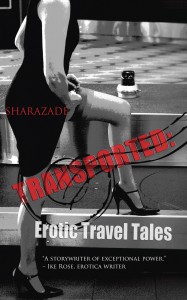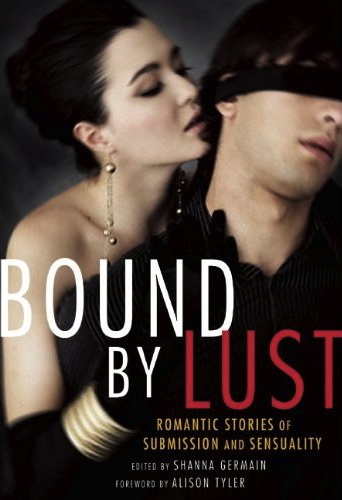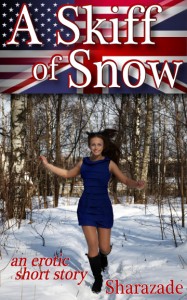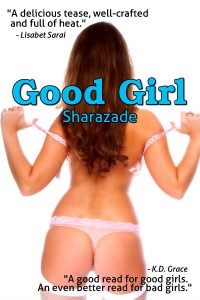 image created at www.wordle.net
image created at www.wordle.net
When I wrote the nine short stories that make up Transported, I (naturally) wrote them one at a time. I’d get an idea, turn it over in my mind for a while, write the story down, and then go back and fix it up. Sometimes I’d get opinions from other readers. However, once a story seemed done, I’d move it into my “finished” folder and then work on the next one. When all of the stories were in that folder, I sent them off to the publisher for editing.
When I had the stories back from the typesetter for final checking was the first time I read them all in one sitting. At one point, I noticed that I’d used the phrase hoarse with desire to describe someone’s voice; and it seemed to me I had used that same phrase in an earlier story. I searched and found it, so I changed it in one of the stories. Can’t have two instances of hoarse with desire!
And then… I began to feel a bit hesitant over having even one instance of hoarse with desire. I mean, isn’t that a total cliché? And… aren’t clichés bad? According to the Cambridge Dictionary Online, a cliché is something that people have said or done so much that it has become boring or has no real meaning. Uh-oh. That doesn’t sound too good! I certainly remember being asked in my English classes at school to avoid or remove clichés in my own writing and to criticize them in others’ writing.
Yet I wonder if this holds as true for erotica. One purpose of erotica, frankly, is to turn the reader on; and much of what turns us on is in fact the familiar. The perfume worn by a former lover; fishnet stockings and a garter belt; “our song.” Isn’t it the same with words, sometimes? The words and phrases that move us are ones we’ve heard or read before, for which we have strong feelings and positive associations. That’s why I feel a certain thrill at reading He took her in his arms that I simply don’t feel if I read He grasped her with his limbs. It’s why I feel impatient with erotic stories where too many new ways of referring to the familiar body parts are employed: I’d rather read ten cocks than one meat pestle, one beaver basher, one one-eyed wonder weasel (I wish I were making that up!), one trouser snake, and so on.
Of course, one can’t read (or write) the same story over and over again. I find that I prefer more variation in setting and plot, though. The sex itself, whether between spouses or strangers, two or three (or more!) people, gay or straight partners, is going to involve familiar body parts and familiar actions and yes, familiar descriptions, those keys to remembered desires. But how the people get there, and why? Ah, there is infinite variety to explore.
* * * * *






